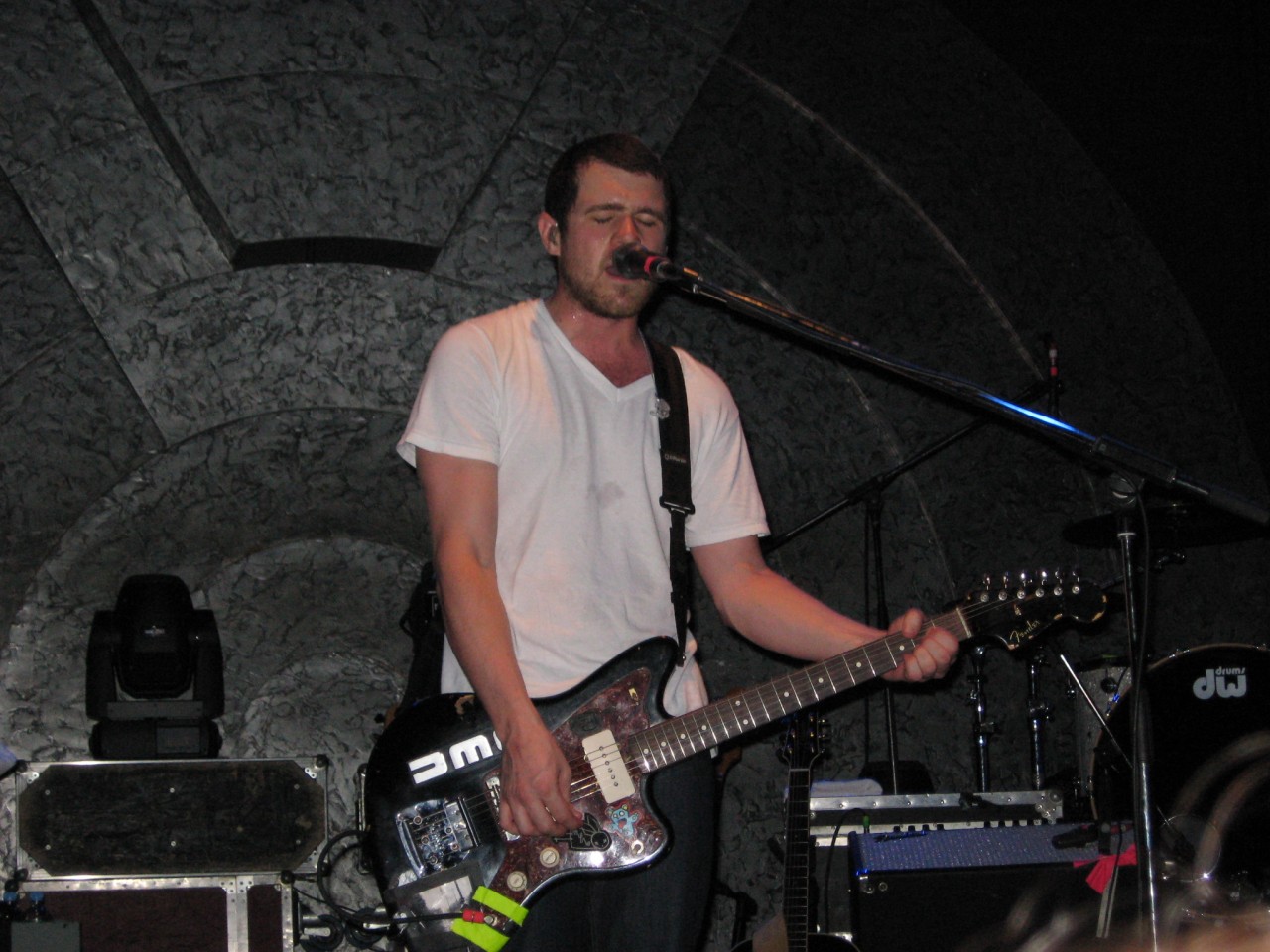The last week has been a rollercoaster. Twitter and Facebook were flooded by a tide of accusations of misogyny and sexual harassment made against members of prominent pop-punk and emo bands. When Jessica Hopper published her 2003 essay Emo: Where The Girl’s Aren’t on the pervasive misogyny in the scene, it was both a scathing criticism of a genre that needed to do better, and a prophetic warning of the potential consequences. In 2017, it seems that criticism was warranted.
Australian band With Confidence addressed the recent allegations made against their guitarist, and pointed something out that is disturbingly truthful: this kind of predatory behaviour is all too common in the music industry. However, the third-wave emo and pop-punk scenes in particular are a perfect magnet for this kind of behaviour. With Confidence’s words ring especially true coming just a year after members of Neck Deep and Moose Blood were also accused of sexual misconduct against young fans.
Statement regarding Luke Rockets pic.twitter.com/RCj3njzQPZ
— With Confidence (@withconfidence_) November 13, 2017
The music speaks to the lonely, vulnerable, downtrodden and beleaguered. Those who find solace in the lyrics are participants in the experience, emotionally investing in the sound. In her essay, Hopper explained how she was alienated by music about male problems performed by all-male bands wallowing in their emotional hurt — but she went deeper than that. She observed the fans – how they reacted to the music and the band – and she identified something dangerous.
The heartbreak-laden lyrics seem to have a magnetic effect on many female fans, and as Media Studies Professor Sarah Bennett puts it, young girls come to fawn over the broken hearts of these older men singing the lyrics. Many of the women now coming forward with allegations admit that they were naive, that they didn’t and couldn’t detect the inherent misogyny in the songs they poured over. They didn’t need to be groomed via Facebook Messenger or Twitter DMs — the music had been doing that for years. All it took was a few sick and manipulative individuals to cash in on fan loyalty.
Girls in emo songs today do not have names. We are not identified beyond our absence, our shape drawn by the pain we’ve caused. Our lives, our day-to-day-to-day does not exist, we do not get colored in. Our actions are portrayed solely through the detailing of neurotic self-entanglement of the boy singer—our region of personal power, simply, is our impact on his romantic life. Jessica Hopper
Social media communities surround musicians with the adoration of their fans. These abusers took advantage of their positions on these platforms, of their music and the power that they had over their listeners. Within their art, they painted themselves as vulnerable and misunderstood. In reality, they were anything but.
We have to do better. We have to continue listening to the victims, amplifying their stories and supporting them in their struggles. We also have to call out the abusers, remove them from their platforms and strip them of their power. They have no place in the industry, and no place in modern society. Hopper’s words are a chilling “I told you so” that illustrates just how blissfully ignorant everyone has been.




